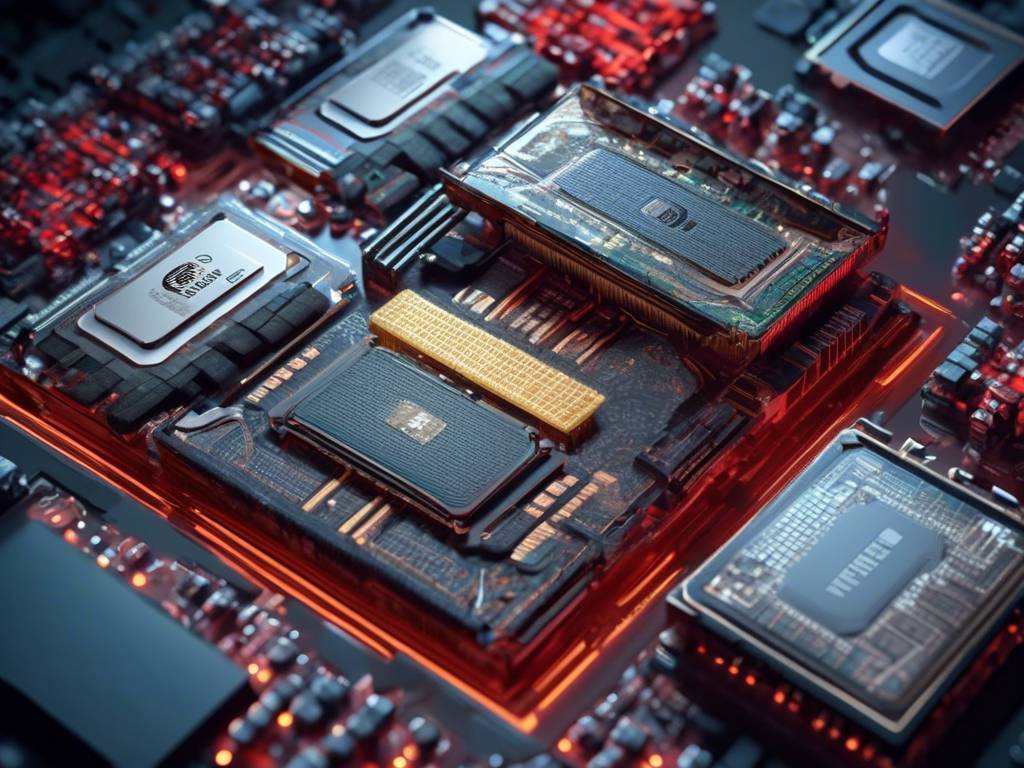China has released guidelines that could result in Intel and AMD, American chipmakers, being blocked from operating within China. The financial times reports, the move aims to phase out US made microprocessors in favor of domestic options. However, Kimberly Forest, Boka Capital Partners founder and chief investment officer, believes it is unlikely that this will be implemented due to the high volumes of AMD and Intel chips being sold to China. Despite this, the announcement has still had a chilling effect within China as politicians voice their views. It is important for investors to separate political views from the practicality of the situation. China does not yet have the manufacturing capacity for these specific chips and is therefore unlikely to replace US-made ones extensively. This is not the first time that China has issued warnings regarding US-made products, so it is unlikely to affect long-term investment strategies.
The announcement comes after tensions continue to rise between the US and China, with both countries introducing policies to counteract each other. In response to the US’ Tick Tock announcement last week, China has matched the US by forbidding some of America’s most popular products. This is a clear display of political positioning within the microchip industry. Investors must be aware of the potential risks and separate the political from the practical when making investment decisions.
Strategic Implications:
● China has released guidelines that could block American chipmakers, Intel and AMD, from operating in China.
● The move aims to phase out US-made microprocessors in favor of domestic options.
● The capacity of Chinese manufacturing is not yet large enough to replace US-made microprocessors significantly.
● The announcement may have a chilling effect on China, but it is unlikely to result in a mass overhaul.
● It is essential to separate political views from practicality when assessing the impact of this announcement on investments.
Hot Take:
China has blocked the use of Intel and AMD chips in government computers and servers, according to the Financial Times. The move aims to phase out US-made microprocessors in favor of domestic options. However, the announcement is unlikely to have a significant impact on the industry, as China’s manufacturing capacity is not yet large enough to replace US-made microprocessors. Despite the chilling effect, investors should assess this move while separating political views from practicality when making investment decisions.
Althea Burnett stands as a luminary seamlessly blending the roles of crypto analyst, relentless researcher, and editorial virtuoso into an intricate tapestry of insight. Amidst the dynamic realm of digital currencies, Althea’s insights resonate like finely tuned notes, reaching minds across diverse horizons. Her ability to decipher intricate threads of crypto intricacies harmonizes seamlessly with her editorial finesse, transforming complexity into an eloquent symphony of understanding.

